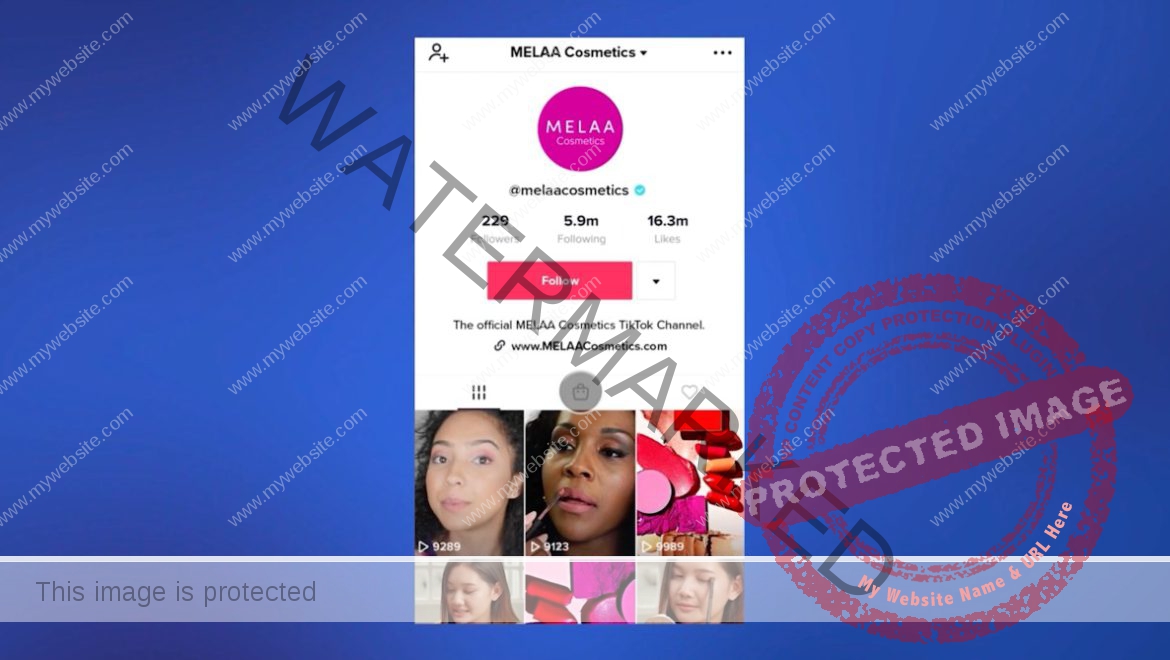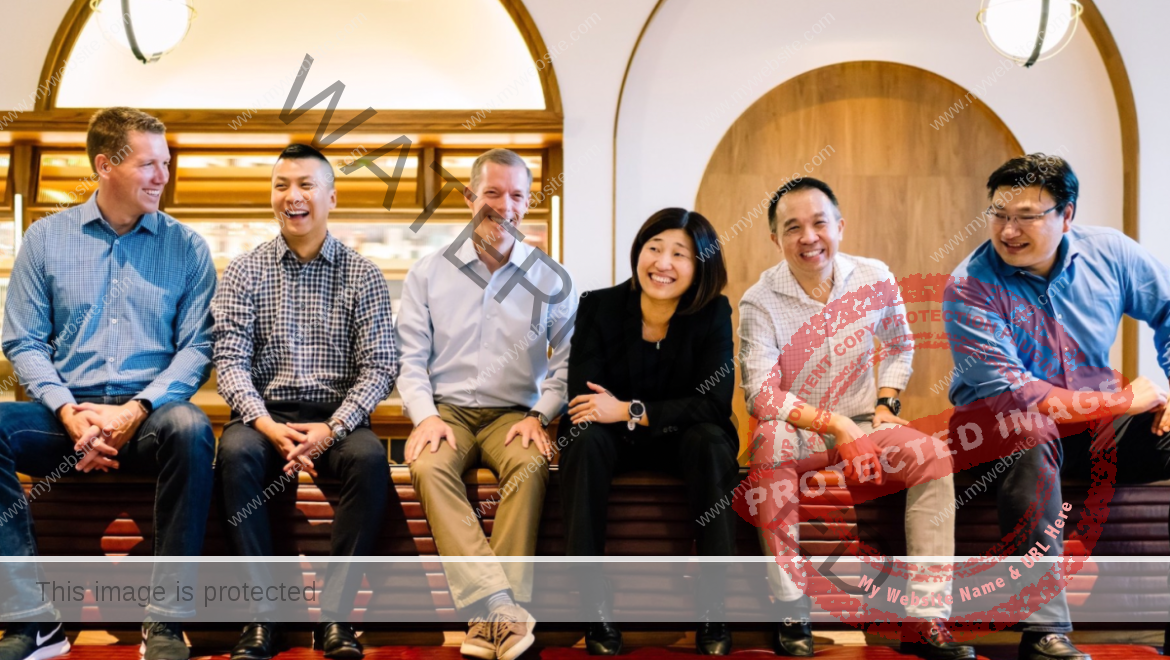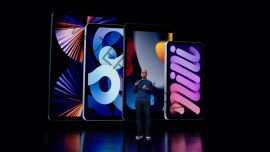In March, the U.S. House of Representatives overwhelmingly passed a bill that could force ByteDance to divest TikTok or face a ban in U.S. app stores. Much of the related discussion and debate has centered around American data security and speech rights, but a potential move also highlights something else: TikTok is growing its focus on e-commerce, but the interplay of tech giants and geopolitics is squeezing smaller merchants.
Over the past few months, merchants — many of them from China — looking for an Amazon alternative have flocked to TikTok to peddle clothes, cosmetics, electronics and a variety of other products to U.S. buyers, by way of TikTok Shop. In interviews with TechCrunch, sellers from Shenzhen — the Chinese megacity that’s a major hub for Amazon merchants — said they felt a collective sense of frustration over rising geopolitical tensions and “helplessness” about a potential TikTok ban.
“The situation is not within our control,” a retailer specializing in maternity and baby products told TechCrunch. “It’s just difficult to know how things will develop.” With existing supply chains hard to shift, “we just have to play it by ear.” (The sellers asked not to be named due to political sensitivities.)
TikTok Shop officially launched in September 2023 with 200,000 merchants already on board. But since then it has not provided any updated numbers on how many merchants are currently on the platform, nor how much they sell there, nor how many sell elsewhere (and where else that might be).
Research from Jungle Scout, an Amazon data intelligence provider, gives some idea of TikTok’s e-commerce impact, however. It found that 20% of Amazon sellers, brands, and businesses have plans to expand to TikTok Shop this year. Before the current political backlash took off, ByteDance reportedly projected that it had the potential to grow its U.S. e-commerce business tenfold to $17.5 billion this year.
TikTok isn’t the only platform on the list for merchants looking for more channels beyond Amazon to expand their customer bases. Its rise is part of a bigger shift we’ve been seeing around alternative marketplaces like Temu commanding more attention not just from shoppers, but also from Chinese e-commerce exporters and merchants. And Amazon is reportedly taking notice, another sign that alternatives are picking up traction.
TikTok did not immediately reply to a request for comment.
A new way to sell and buy
TikTok has been trying to boost its e-commerce business since the U.S. launch last September.
The app is famous — or infamous, depending on who you talk to — for how it tightly controls what content is surfaced for whom. TikTok Shop also has a strong dose of curation to it.
Unlike Temu, known for its seas of cheap, white-labeled products from Chinese factories sold directly to U.S. consumers, TikTok’s strategy has been to onboard and highlight more branded goods, making it more of a direct competitor to Amazon.
TikTok is also looking to attract sellers with more traditional subsidies. According to reports, to encourage merchants to sell goods at a steep discount during the most recent Black Friday sales period, TikTok doled out subsidies to those merchants to mark down their prices by as much as 50%.
Incentives and algorithms aside, merchants have been interested in selling on the app simply because TikTok’s short video platform generates massive engagement. According to a survey from Tabcut, a Chinese firm that tracks TikTok Shop performance, nearly 70% of sellers reported an increase in sales year-over-year for the first 11 months of 2023.
This is also borne out by consumer behavior, where products endorsed by influencers continue to gain ground, especially with coveted younger consumers.
According to Jungle Scout, nearly 20% of consumers began their search for products on TikTok in the first quarter of 2023, up 44% from a year ago. While 56% of all consumers still preferred to start their product search on Amazon, 40% of the Gen Z demographic preferred TikTok for search instead of Google.
The heavy concentration of young shoppers is unsurprising, given 52% of TikTok’s U.S. users are aged 18 to 34, according to Pew Research. TikTok has the opportunity to reshape how America’s younger generations shop online.
Outside of leaning on its dynamics, TikTok has been doing some pretty bald media spinning to push its message.
Earlier this month, the commercial research firm Oxford Economics published a report on the impact of TikTok on the small to medium-sized business (SMB) sector in the U.S. It was funded by TikTok, and perhaps unsurprisingly, it provided a ringing endorsement of TikTok’s economic impact: It estimated that a presence on the platform (through advertising or just marketing themselves via accounts) led to $14.7 billion in revenue for the 7 million SMBs in the U.S. using it.
Amazon challenger?
TikTok seems to be serious about making inroads into e-commerce, but it’s still in flux. On one hand, the company — even as it faces a potential U.S. ban or forced sale — continues to roll out new e-commerce features, such as a new video shopping format it previewed at a conference this month. On the other, it’s modifying or enforcing seller policies seemingly on the fly as it tries to navigate how to grow under a particularly glaring spotlight.
“TikTok [Shop]’s internal management is a bit chaotic right now. It’s a new platform, so it hasn’t started squeezing sellers, but its policies are still changing,” said a merchant selling lamps, who has been selling on Amazon since the mid-2010s.
One of those policies appears to be related to what its algorithms are surfacing to which consumers. Merchants out of China say that in recent months, TikTok Shop in the U.S. has ramped up efforts to prioritize U.S.-based shops over foreign ones. Sellers tell TechCrunch that it’s led to the rise of black market “agents” — parties that broker deals between foreign sellers and American residents, who in turn set up TikTok Shops that appear U.S.-owned but are really run by the foreign merchants.
Merchants are willing to jump through these hoops to grow their touch points with users, and diversifying their channels as one giant emerges after another.
“Margins on Amazon are getting thinner and competition is increasingly fierce because of Temu, so TikTok gives us another option,” said the lamp seller.
To gauge TikTok’s impact on Amazon, “we need to understand the overall retail market in the U.S.,” said Richard Xu, partner at Starting Gate Fund, who invests in cross-border retail solutions between China and the U.S.
E-commerce comprises around 15% of U.S. retail, according to the Department of Commerce, so “if we talk about the small share of the online e-commerce sector alone, there isn’t much to discuss,” suggested Xu.
But if TikTok Shop’s strategy is mainly focused on bringing offline businesses online for the first time, that could be a very big move. “[Using] live streaming e-commerce to allow offline small shops and stores to participate, the potential is quite significant.”
In any case, while 15% sounds small, the number is still substantial — $285.2 billion — so TikTok Shop’s potential is enormous even if it just gets a small slice of the existing e-commerce cake.
Juozas Kaziukenas, founder of e-commerce intelligence firm Marketplace Pulse, doubts TikTok will ever replace Amazon. “It doesn’t have the broad selection and fulfillment, and shoppers in the West are used to search-based e-commerce,” he said. “But many people spend many hours using TikTok every day, thus, sometimes they will buy things on it.”
“In the U.S. and other countries in the West, shopping apps developed in parallel with apps that provide entertainment or connection like social media. We got used to getting different things from different apps, as opposed to going to one place for it all,” he added.
“Today, social apps like TikTok are trying to figure out shopping before retailers like Amazon figure out social (like through Amazon Inspire). But the status quo of different apps serving different needs remains.”













